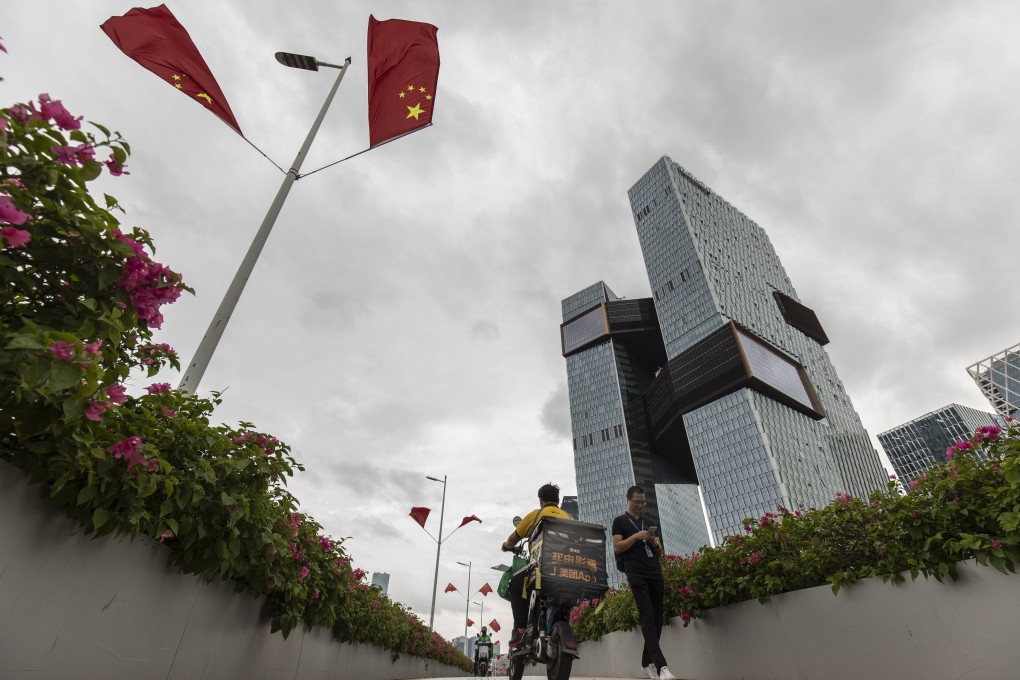Tencent to set up privacy oversight committee, a requirement of China’s personal information law starting next month
- Tencent is China’s first Big Tech company to announce plans for an independent privacy committee, a requirement of the Personal Information Protection Law
- The law’s requirements are vague, but legal experts question whether a company’s own committee is sufficiently independent

The group, officially called the “personal information protection external oversight committee”, will “independently appraise” Tencent’s efforts to protect the privacy of its users and products, offering guidance and suggesting amendments to company practices as needed, according to the Shenzhen-based firm.
The law is loose on details, though. It does not say what constitutes a “large number” or explain how oversight from an “independent body” should work. This leaves room for interpretation, but legal experts question whether tech giants setting up its own committees will allow them to be sufficiently independent.
Tencent said it currently has nothing more to add on the topic beyond what is mentioned in the recruitment notice.
Mandating that independent bodies be involved in compliance oversight is not a unique concept internationally, according to Alex Roberts, a lawyer for the firm Linklaters in Shanghai. However, companies could have a difficult time finding independent experts amid a race to comply with new requirements and given their wide range of investments across industries and numerous start-ups, he said.
“China’s regulatory reset has already launched a war for talent in compliance circles, as tech players scramble to upskill and professional services firms also bulk up on cyber and data specialists,” Roberts said.